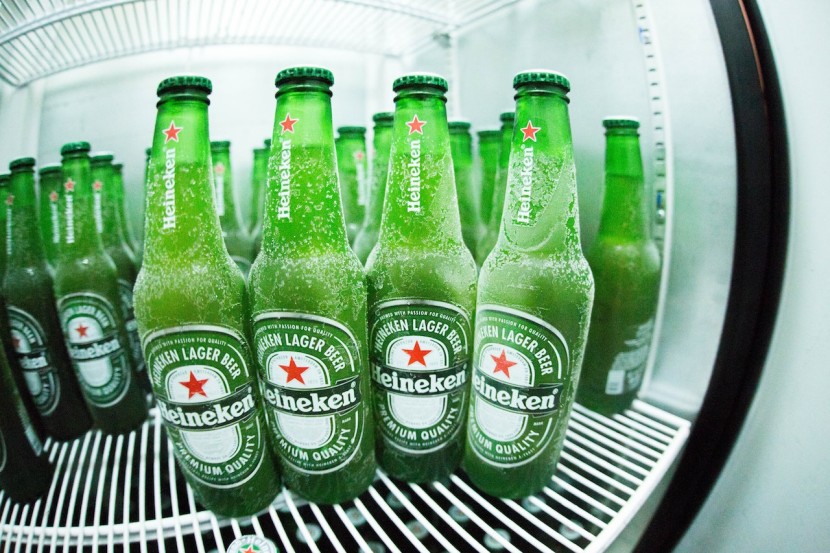Heineken, a Dutch brewery, confirmed that it has successfully concluded its withdrawal from the Russian market by selling its business to the Arnest Group for the equivalent of €1 or $1.
The world's second-largest brewer said on Friday, August 25, that it is expected to result in extraordinary losses of €300 million (about $324.8 million). The transaction has reportedly been given all of the necessary permissions.
An Exit From Russia

In Russia, Heineken operated seven breweries and employed 1,800 people, all of whom were eligible to obtain job guarantees for the subsequent three years.
Reuters reported that the Dutch brewer has already stopped producing its Amstel brand and has pulled its Heineken brand from the Russian market.
According to Heineken, the agreement contained a three-year license for certain smaller regional brands, for which Heineken would not give brand assistance or earn any revenues, and the company would have no chance to acquire back the business.
As the biggest Russian producer of aerosols and a major retailer of cosmetics and home items, Arnest Group also controls a significant can packaging industry.
Heineken has said that the deal would not significantly alter the company's full-year expectations.
Also Read : 'Sell It To Me': Anheuser-Busch Heir Expresses Intent to Buy Back Company Following Mulvaney Brew-haha
Kremlin Seizing Assets
After Russia's invasion of Ukraine in March 2022, Heineken made public its plan to leave the Russian market. The company acknowledged that the procedure had taken far more time than anticipated.
Chief Executive Dolf van den Brink said, "Recent developments demonstrate the significant challenges faced by large manufacturing companies in exiting Russia."
Following the imposition of unprecedented sanctions by the West on Moscow, a large number of international corporations rushed to evacuate the country. Nevertheless, in retaliation, the Kremlin has seized certain assets.
According to three persons with knowledge of the situation, certain international corporations that are seeking to escape Russia are going to face a significant increase in prices since Moscow is demanding larger reductions on the price tags of the assets that these companies want to sell.
In July, Russian President Vladimir Putin issued a decree that authorized the government to seize control of the Russian subsidiary of the French yogurt manufacturer Danone as well as the share in a local brewer that was held by the beer business Carlsberg, Reuters reported.
Anheuser-Busch InBev has also announced that it intends to withdraw from the joint venture it has in Russia with Turkey's Efes.
When asked whether the events that occurred with Danone and Carlsberg had raised the sense of urgency for Heineken to make a deal, van den Brink told the reporters that while their anxiety had grown, the sense of urgency had not. "It showed there was a real risk of nationalization and all you could do was seek to be master of your fate," he stated.
He referred to the procedure as "highly complex," but he did not elaborate on the specific reasons why it had taken longer than anticipated to find a buyer.
© 2025 HNGN, All rights reserved. Do not reproduce without permission.








